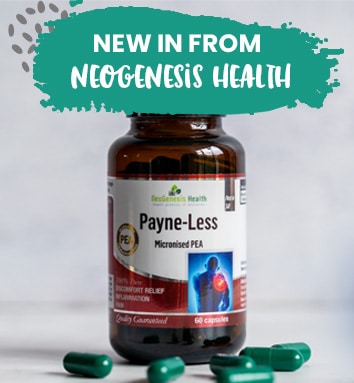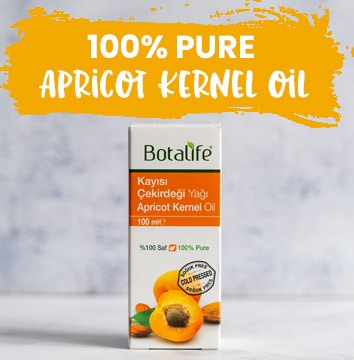Raw honey is a well-known sweetener, remedy, and treatment for skin and health issues. It’s been used by humans for healing purposes for over 6000 years!
Did you know that in 2015, archaeologists found 3,000-year-old honey in Egyptian tombs – and it was still perfectly edible?
Honey is low in water and high in sugar, making it antibacterial and allowing it to last thousands of years.
It’s clear honey is a superfood for many reasons: its antibacterial purposes, wound-healing properties, micronutrient value, and so much more. However, many of these health benefits are specific to raw, not regular (store-bought) or organic honey.
How is raw honey different from regular honey?
Raw honey has not gone through any chemical or heating processes to refine the honey.
However, conventional/regular honey found in grocery stores has been filtered to achieve a uniform texture. The filtration process removes beneficial small particles such as pollen and propolis.
Store-bought honey is also often irradiated, which is another method of processing applied to make sure any pathogenic spore or microorganisms are destroyed. Unfortunately, irradiation kills most of the beneficial properties in honey.
Take Note: South African import regulations require that all imported honey is irradiated. Therefore, you will only be able to find local raw honey – this is an excellent opportunity to support local businesses.
The best place to find quality raw honey is to buy it from a trusted local producer.
Is raw honey the same as pure honey?
Raw honey is taken from the hive and strained to remove impurities, debris and dead bees. Its appearance is somewhat murky as it still contains tiny particles of bee pollen and propolis.
This is entirely normal; in fact, many of raw honey’s benefits lie in the remaining pollen and propolis. Pure honey means there are no additives, and the honey is not mixed with corn syrup or other artificial sweeteners.
Is organic honey considered raw honey?
Organic honey is not always raw. Honey can be certified as organic but be pasteurised.
Organic Honey needs to be certified by an independent control agency such as Ceres South Africa or Eco-Cert (in France). For honey to be organic, the land from which the bees collect nectar must be certified as organic.
An organic farm is one where synthetic pesticides, herbicides, antibiotics, growth hormones and other harmful ingredients are not allowed and are never used. Genetically modified organisms (GMOs) are also not allowed in organic farming.
Since bees fly about 2-3 km from their beehive, it’s nearly impossible to certify honey as organic since neighbouring farms are not certified organic.
Take note: Finding organic honey with the correct certification is not possible in South Africa as there are currently (when this article was written) no certified organic honey farms.
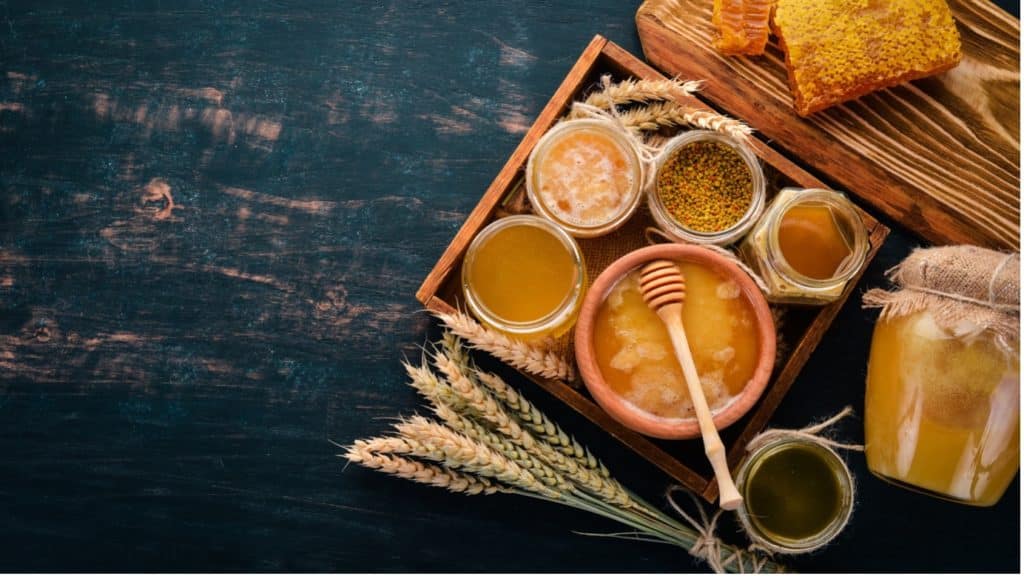
Health Benefits of Raw Honey
It contains a variety of micronutrients.
The nutrition content varies significantly due to the way its created. It generally contains about 15g of carbohydrates in one tablespoon, similar to a tablespoon of sugar. However, in contrast with sugar, honey has many antioxidants, enzymes, and micronutrients (also known as vitamins and minerals).
The micronutrients in raw honey are varying amounts of the following:
- zinc
- riboflavin
- potassium
- phosphorus
- pantothenic acid
- niacin
- manganese
- magnesium
- calcium
Honey has wound-healing properties.
Because of honey’s antimicrobial properties, some research suggests that honey may help fight microbial infections or aid in wound healing.
It’s a good source of antioxidants.
Raw honey contains an array of plant chemicals that act as antioxidants. Some types of honey have as many antioxidants as fruits and vegetables. Antioxidants help to protect your body from cell damage due to free radicals.
Free radicals contribute to the ageing process and may also contribute to the development of chronic diseases such as cancer and heart disease.
Raw honey can also contain bee pollen and bee propolis. This may have potential protective effects on the respiratory, gastrointestinal, cardiovascular, and nervous systems and even has the potential for cancer treatment.
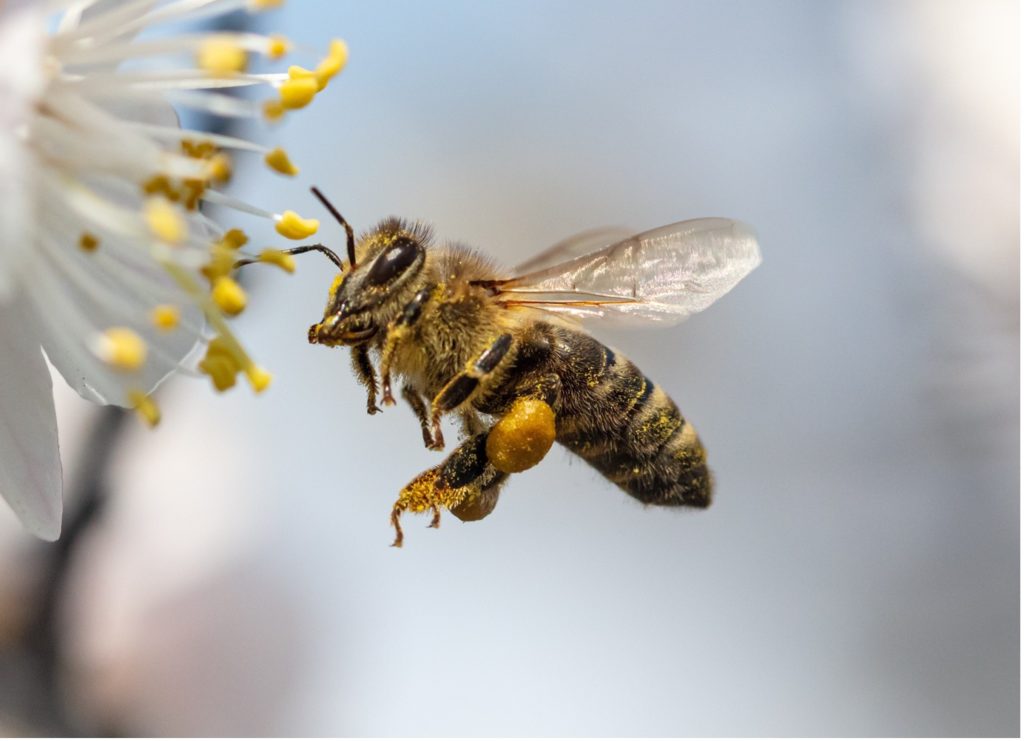
It contains phytonutrients.
Phytonutrients help protect plants from harm by, for instance, keeping bugs away or shielding the plant from the sun’s harmful ultraviolet rays.
These phytonutrients give honey its antioxidant and antibacterial superpowers.
Unfortunately, many of the intense processes used to create regular honey can destroy these valuable nutrients – making raw honey a better option for some.
Can soothe sore throats and coughs.
Honey is an old sore throat remedy that soothes the pain and helps with coughs. Many people add it to hot tea with lemon when a cold virus hits.
Though more research is needed, it is suggested that honey could be superior to other forms of care to improve upper respiratory tract infections.
It can even counter inflammation in your brain.
Honey may even be beneficial for your brain health!
Some studies show that raw honey can even help prevent inflammation in the area of the brain involved in memory.
Potential Risks of Eating Raw Honey
Raw honey is a mostly safe and beneficial addition to your diet, but it may not be safe for everyone. It has some risks, including:
It can cause botulism in infants.
According to ADSA (Association for Dietitians in South Africa), you should never give honey to babies under one year.
Honey contains dust particles that may carry bacteria that can cause botulism. Because young children and infants do not have strong immune systems, botulism can be incredibly dangerous.
Honey is a common allergen.
Honey allergies may not be as common as egg or nut allergies, but it’s still quite a common allergy. Food allergies usually manifest in the digestive tract and can cause severe diarrhoea and vomiting.
Therefore, always check to ensure your guests do not have any allergies before serving them food containing honey.
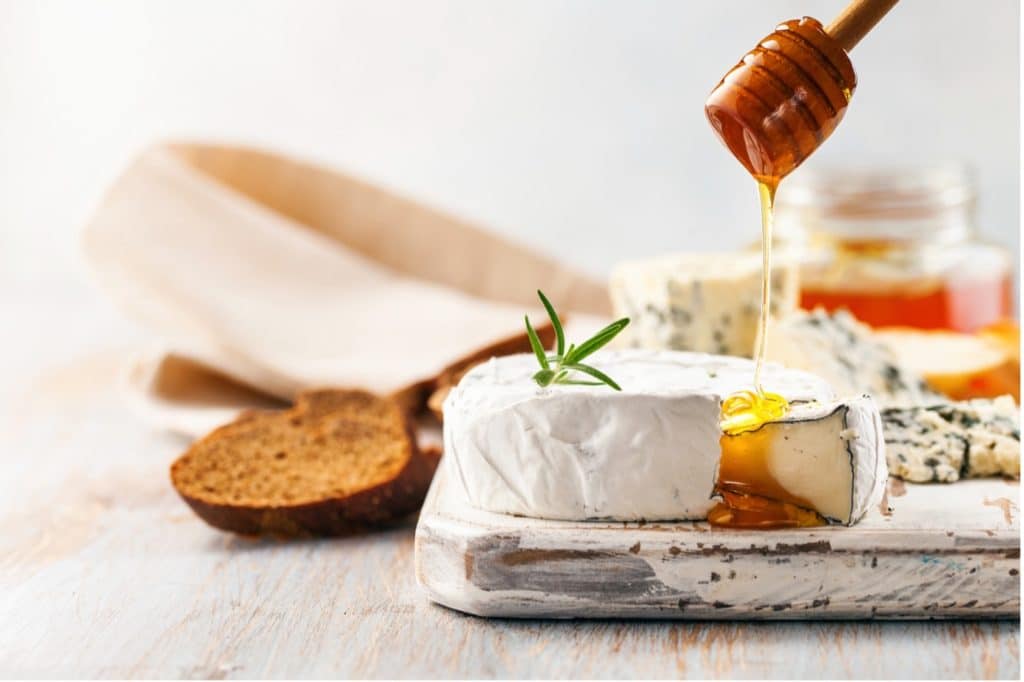
Buying Raw Honey in South Africa
It’s essential to buy your raw and organic products from trusted suppliers.
However, keep the following facts in mind when looking for it:
- You won’t find raw, organic honey in South Africa as there are currently no certified organic honey farms, and all imported honey is irradiated.
- Since imported honey is always irradiated, it is a healthier choice to buy raw, local honey.
- Always check the label and read the ingredients list. If it says only “Honey”, it is probably a cheap mixture of honey with sugar syrup or only flavoured honey syrup.
- If the country of origin is “South Africa and China and Uruguay”, – this honey has been
Always ensure you use a natural product supplier that continually provides the best quality. You’ll also need to trust your supplier, meaning, if the label claims to be raw honey – that it is what you’ll find inside as well.
Look for a label with the words “pure raw honey” and “local” or country of origin “South Africa” only. Organic produce or grocery stores, health food stores, and farmer’s markets are all places to look for raw honey.
Organic Choice stocks all the raw honey products that you might need – give it a try for its delicious taste and incredible benefits!





